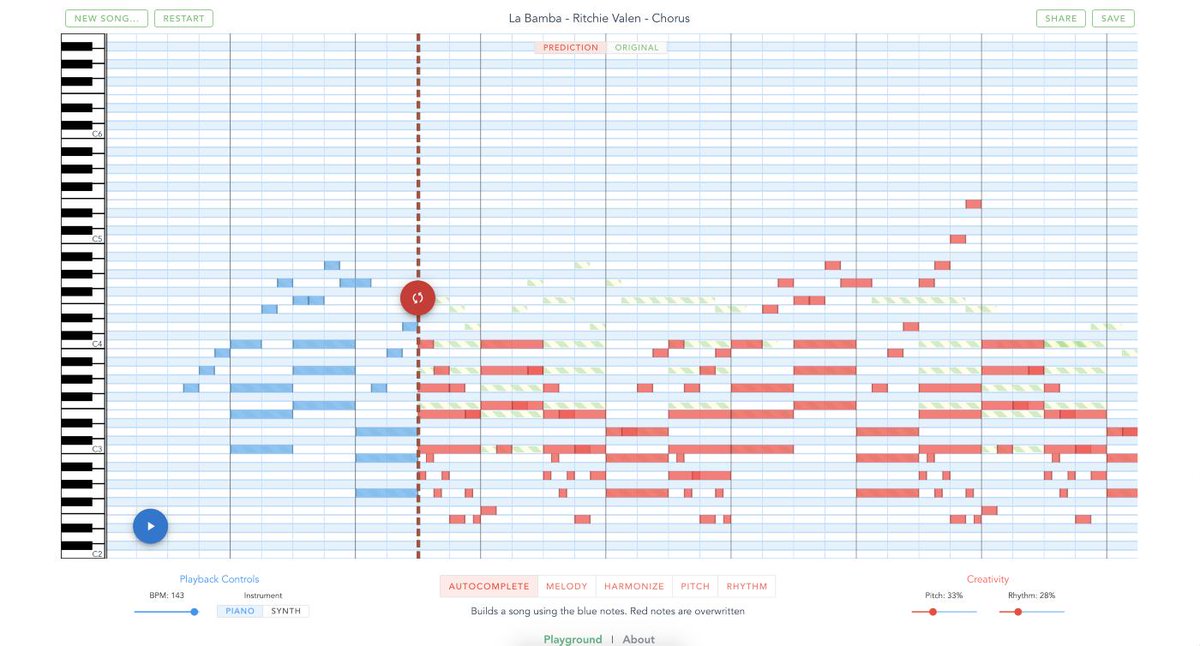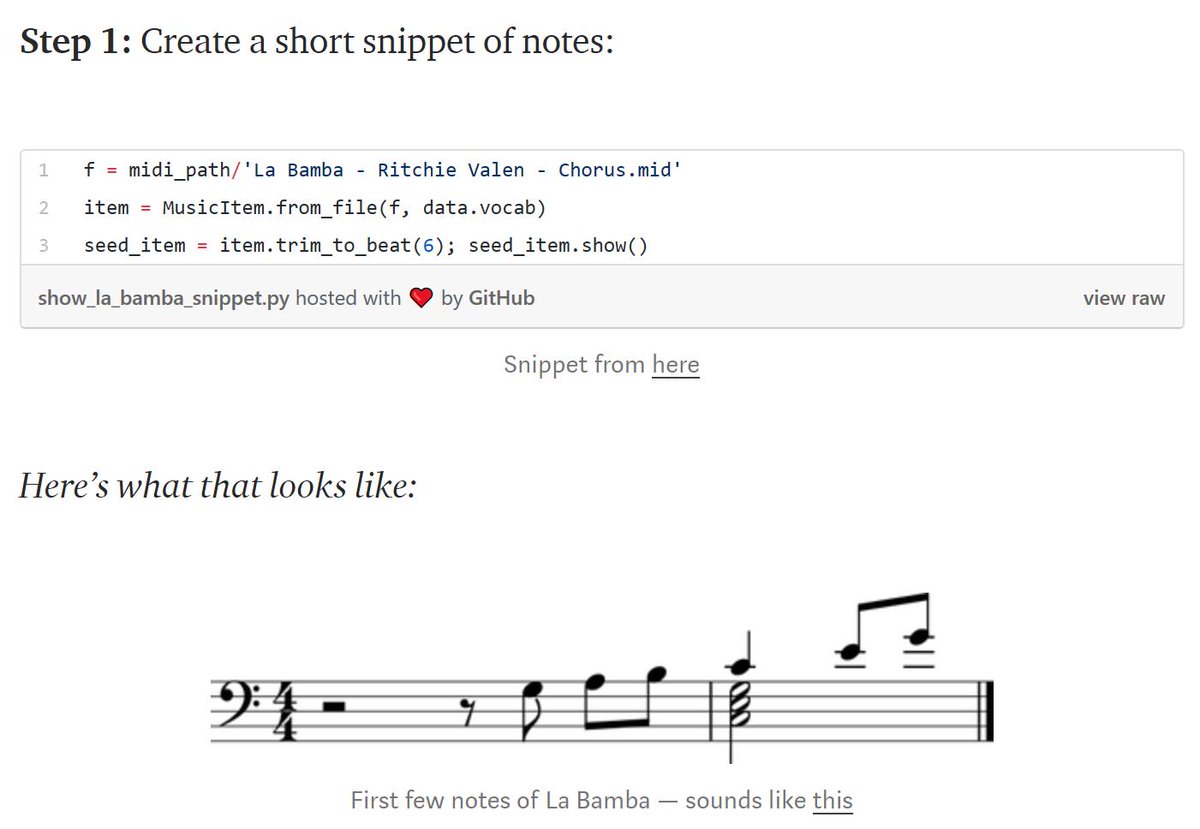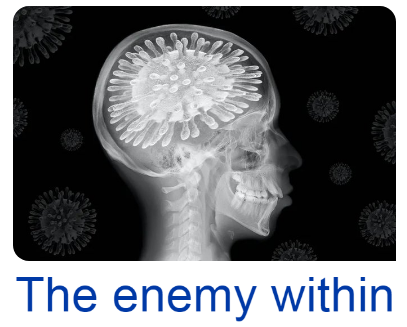On Bayesianism, the Many Worlds Interpretation, and personal identity.
Some thoughts worked out in a letter to a friend, which is the kind of thing you do when off Twitter for a glorious week. (🧵)
https://t.co/DhHmN0ndjx
Is there a fact of the matter as to whether the cat is alive before you open the box?
— Avraham Eisenberg (@avi_eisen) November 8, 2020
I would say not, and all your references to how the world "is" are similarly incoherent.
Wait so you disagree with 'quantum splitting means that that there are futures where you become the next US president and futures where you murder your family and futures where you spontaneously combust' takes?
— Peli Grietzer (@peligrietzer) November 8, 2020
Can you defend this distinction between past and future splits?
— Avraham Eisenberg (@avi_eisen) November 8, 2020
You mentioned personal identity, are you going to argue that personal identity splits even if we're unaware of any differences?
My issue is what forks \u201cspace\u201d itself? Obv we need a QG theory, but MWI assumes some background independence or metaphysical substrate in which alternative quantum states can resolve.
— U.S.O.U.S. (@hyperauxetic) November 8, 2020
You think there's a fact of the matter about whether you are Classical Simon1 or Classical Simon2? My instinct is that there isn't, if they are qualitatively identical to each other
— Peli Grietzer (@peligrietzer) November 8, 2020
If both have the exact same memories and you can't tell which one "you" are, then from your perspective there shouldn't be a fact of the matter as to which one you are. At least, that's my view on personal identity. What's the argument against?
— Avraham Eisenberg (@avi_eisen) November 8, 2020
Not sure how that's relevant to personal identity.
— Avraham Eisenberg (@avi_eisen) November 8, 2020
Simon, I don't mean to distract you from your brilliant thread, here, but what would you say to a Meillassouxian-type committed to an arche-fossil as the basis of absolute contingency?
— NAF Loves Meillassoux (@LovesNaf) November 8, 2020
Not sure this is what you\u2019re looking for, but Tegmark uses cosmic rays causing cancerous mutations as one example of quantum splitting have observable macro effects.
— Matt Clancy (@mattsclancy) November 8, 2020
More from Simon DeDeo
Imagine for a moment the most obscurantist, jargon-filled, po-mo article the politically correct academy might produce. Pure SJW nonsense. Got it? Chances are you're imagining something like the infamous "Feminist Glaciology" article from a few years back.https://t.co/NRaWNREBvR pic.twitter.com/qtSFBYY80S
— Jeffrey Sachs (@JeffreyASachs) October 13, 2018
The article is, at heart, deeply weird, even essentialist. Here, for example, is the claim that proposing climate engineering is a "man" thing. Also a "man" thing: attempting to get distance from a topic, approaching it in a disinterested fashion.

Also a "man" thing—physical courage. (I guess, not quite: physical courage "co-constitutes" masculinist glaciology along with nationalism and colonialism.)

There's criticism of a New York Times article that talks about glaciology adventures, which makes a similar point.

At the heart of this chunk is the claim that glaciology excludes women because of a narrative of scientific objectivity and physical adventure. This is a strong claim! It's not enough to say, hey, sure, sounds good. Is it true?
More from Data science
Amazing Research Software Engineer / Research Data Scientist positions within the @turinghut23 group at the @turinginst, at Standard (permanent) and Junior levels 🤩
👇 Here below a thread on who we are and what we
We are a highly diverse and interdisciplinary group of around 30 research software engineers and data scientists 😎💻 👉 https://t.co/KcSVMb89yx #RSEng
We value expertise across many domains - members of our group have backgrounds in psychology, mathematics, digital humanities, biology, astrophysics and many other areas 🧬📖🧪📈🗺️⚕️🪐
https://t.co/zjoQDGxKHq
/ @DavidBeavan @LivingwMachines
In our everyday job we turn cutting edge research into professionally usable software tools. Check out @evelgab's #LambdaDays 👩💻 presentation for some examples:
We create software packages to analyse data in a readable, reliable and reproducible fashion and contribute to the #opensource community, as @drsarahlgibson highlights in her contributions to @mybinderteam and @turingway: https://t.co/pRqXtFpYXq #ResearchSoftwareHour






































